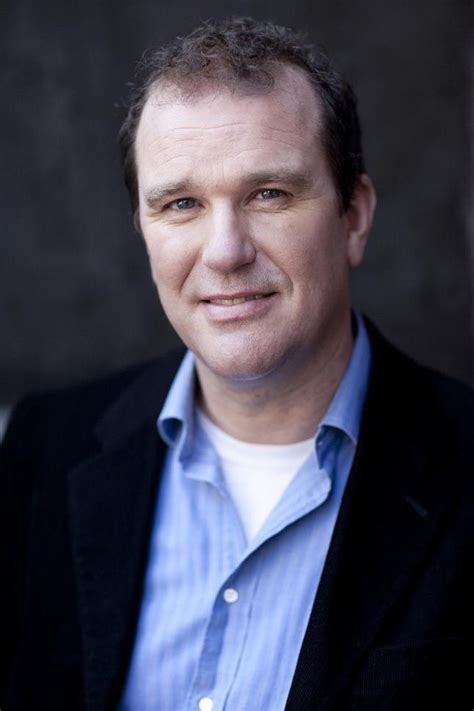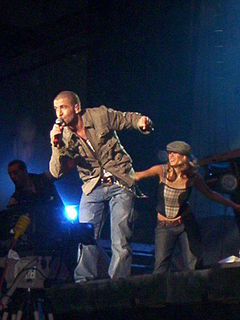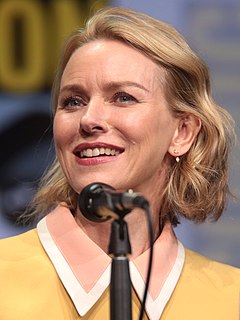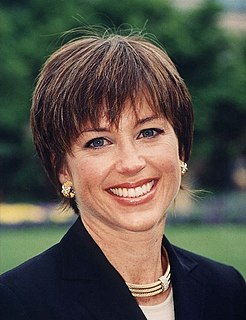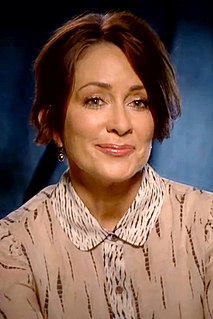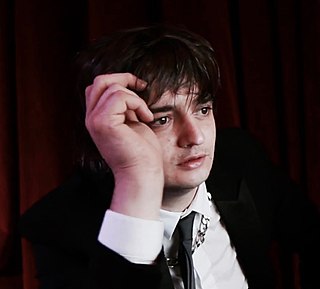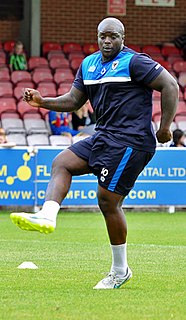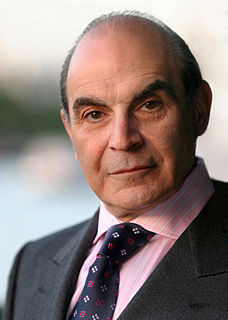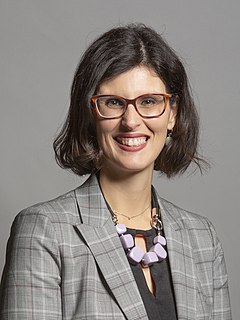A Quote by Douglas Hodge
The only way I survived at school was by doing impersonations of teachers and pupils. That led to me winning a talent competition when I was 16; the prize was three or four gigs in working men's clubs. I was just showing off: at the time, I thought that's what acting was.
Related Quotes
Concurrently, while I was in school, while I was winning awards for acting, I was winning awards for singing, in high school. One of the reasons why I decided to continue on with the acting was the opera world is fraught with a very long process, and I did love the acting, as well. The acting took off sooner, and then you get involved with that.
Dance was one of the things that led me to acting even though I say I fell in love with acting fairly early on and its true but around 16 and 17 I got heavily into dance but I think I just came into it too late and I was never going to be really great at it so I let it go and the dance led to more acting classes.
What I do is work for three or four years and then I take a year off, and then I come back again and work for three or four years and then take another year off. It is not about just working and then writing for a year. That is not how it is structured. It is about doing very conscious goal-driven activities for four years and then taking a year off in complete surrender to discover facets of myself that I don't know exist and exploring interests with no commercial value associated with them at all.
I was 15 when I got my first job as a proofreader for an advertising agency in the City, earning £12 a week. But by then, I was already playing darts tournaments every weekend, regularly winning the £50 first prize. By the time I was 16 and winning two or three contests a weekend, I ditched the agency job and concentrated on darts.
When I went to college, it was so easy. And I worked two jobs while I was in school all the way through; I put myself through school. But working and studying was easy for me because I had worked so hard in high school, studying all the time. Taking only three classes and then working was an easy life in comparison.
A successful competition for me is always going out there and putting 100 percent into whatever I'm doing. It's not always winning. People, I think, mistake that it's just winning. Sometimes it could be, but for me, it's hitting the best sets I can, gaining confidence, and having a good time and having fun.
And I thought to myself, What am I doing? Am I reaching them at all? They are acting exactly as the old men did earlier. They are fifty years younger, maybe more, but doing the same thing those old men did who never attended school a day in their lives. Is it just a vicious circle? Am I doing anything?
